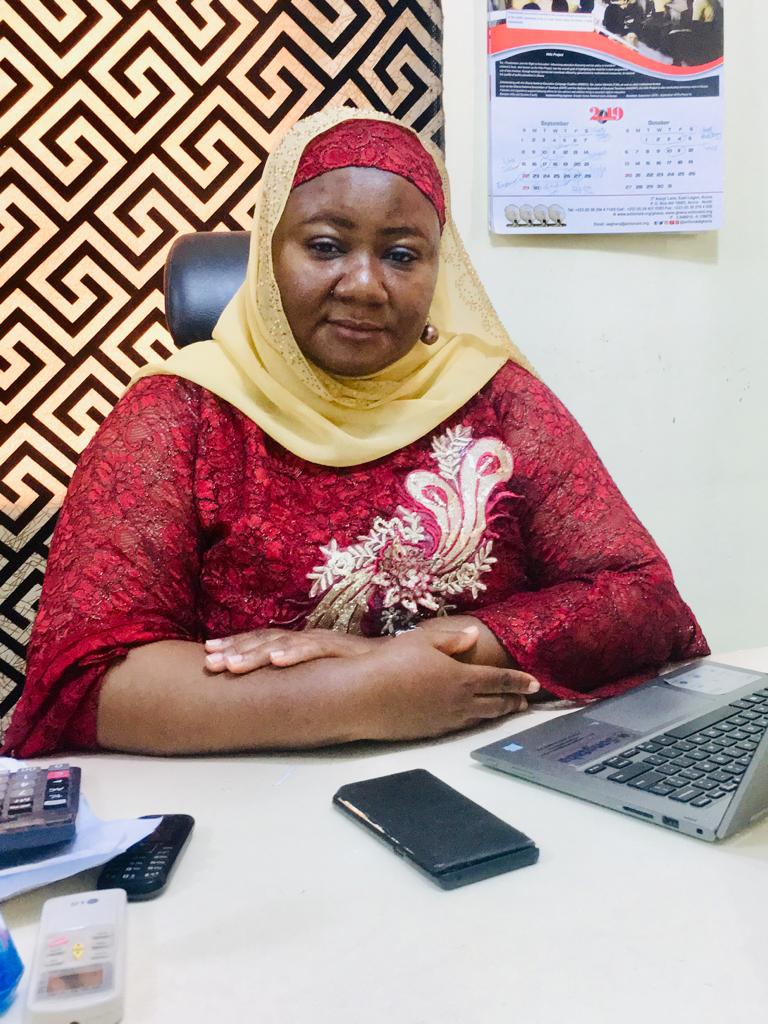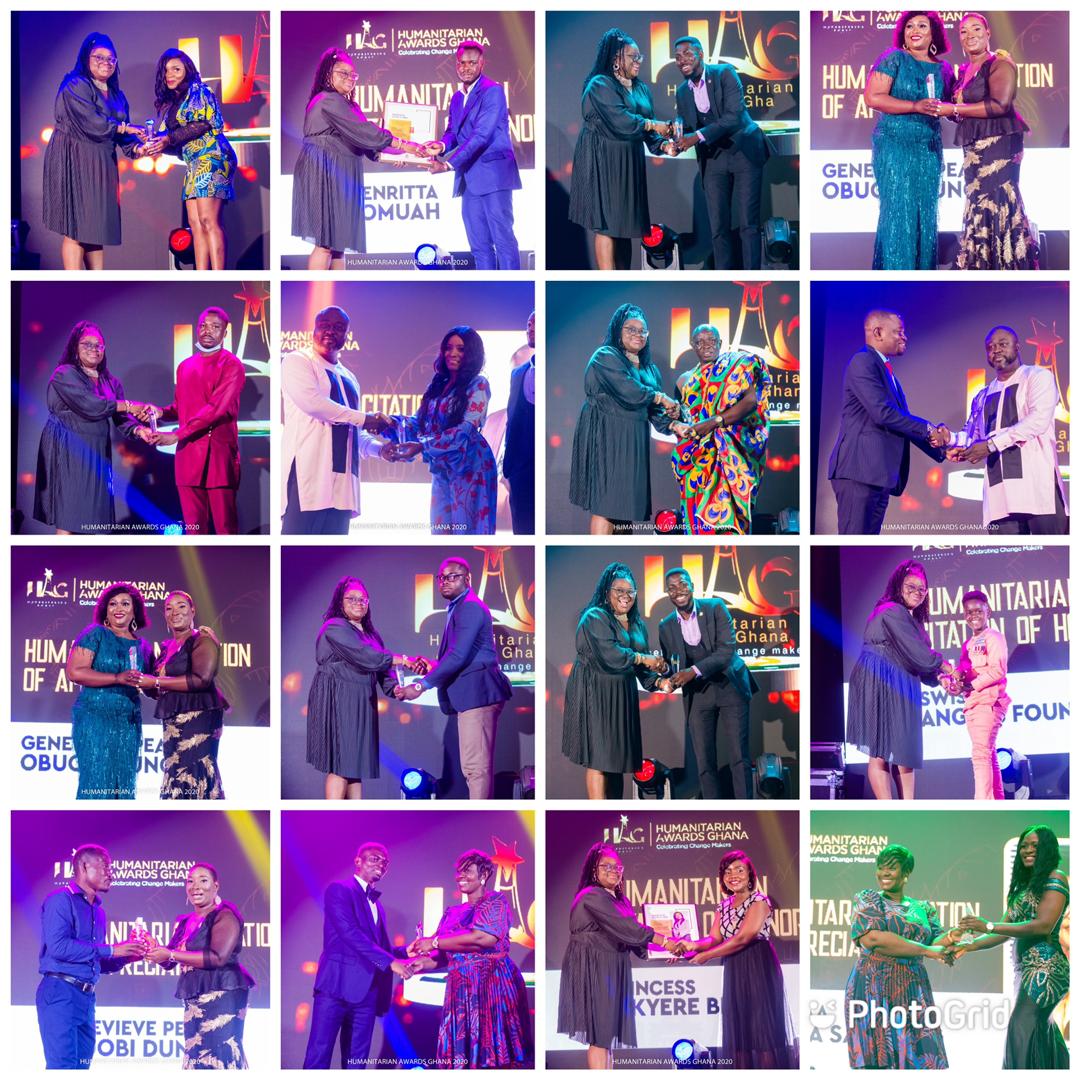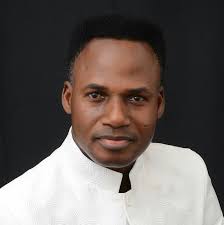Songtaba Celebrates International Day of Rural Women

As the world celebrates the International Day of Rural Women, Songtaba has drawn the attention of Ghanaians and the international community to an age long phenomenon that has violated the rights of many women and girls and have robbed them off their productive years to contributing to the nation’s development.
According to Songtaba, Witchcraft accusation is a widespread phenomenon in northern region resulting in the existence of five alleged witches camps that houses about 200 women living in exclusion.
“Persons accused of witchcraft are exiled into these camps and they lose all family support systems and dignity. Their social and economic rights are continuously violated. Access to basic livelihood opportunities becomes a challenge to these socially excluded persons who do not have access to food, health and proper shelter.”
In a Statement jointly issued by Songtaba and the Network of Alleged Witches, they indicated that such barriers and discriminatory social norms continue to constrain women’s decision-making power and political participation in rural households and communities.
They averred that Women and girls in rural areas lack equal access to productive resources and assets, public services such as education and health care, and infrastructure, including water and sanitation, stressing that “The situation is even worsened by women who for no faults of theirs are banished into the camps and denied of any productive resources and they disproportionately experience poverty, exclusion and the effects of climate change.”
Commenting on this year’s theme; ‘Rural Women and Girls Building Climate Resilience,’ Songtaba and the Network for alleged witches said the theme is most relevant as the world is faced with the negative effects or the realities of climate change.
They said, as the world is faced with the critical need to act against climate change, the theme highlights the important role that rural women and girls play in building resilience to mitigate the climate crisis adding “Data available show how significantly women have contributed to the global development especially in the areas of food security by women smallholder farmers and so therefore we will be endangering our nation if we continue to banish women out of our communities to live in excluded camps where they can no longer contribute meaningfully to national develop based on suspicion and allegations that cannot be proven.”
Songtaba called on the general public to join the campaign to safeguarding the rights of vulnerable women and girls and also requesting the government to show commitment on this critical issue by resourcing the Ministry of gender, children and social protection to clearly put in actionable programmes to address the needs of women accused of witchcraft.
It also called on the government to put in plans towards the disbandment of the camps, whilst Traditional authorities, religious leader and relevant opinion leaders should openly denounce these practices and show support to reintegration of the women accused of witchcraft.
Songtaba
Songtaba is an organization formed in 2005 and committed to the realization of the aspirations and rights of women and children, especially girls, in the Northern region of Ghana.
It has since been working with organisations including NGOs, government agencies and community structures who share a vision of a violence-free and just society where women and girls as well as people with disability and exclusion enjoy their fundamental rights in the Northern region.
Songtaba works in ten (10) Districts including, Nanumba North and South Districts, Zabzugu, Tamale, Saboba, East Mamprusi, Sagnerigu, Mion, Yendi and Gusheigu Districts with the mission of working with poor women and girls in identifying the root causes of their impoverishment and addressing them in a rights-based manner and to see a society free from inequality and injustice in which women and other vulnerable groups enjoy their fundamental rights.
Songtaba’s strategy is hinged on three organisational structures that facilitate community-district-regional level engagements which enhances mutual accountabilities and facilitates downward accountability to community groups.
By Prosper Agbenyega


